3 August 326
Constantine leaves Rome and never returns.
3 August 1778 Monday
. . . . . .
Artifacts of the Bianconi vs Piranesi 'Circus of Caracalla' affair 1772-1789
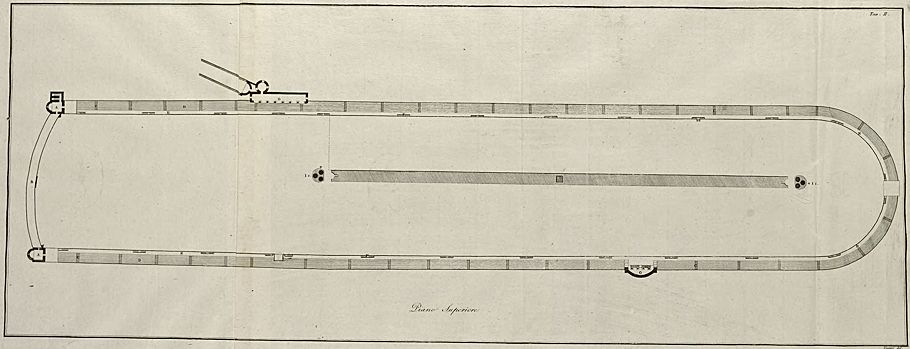
Tavola II Piano Superiore
47 y.o. Francesco Piranesi 1805
Le Antichità della Magna Grecia Parte II
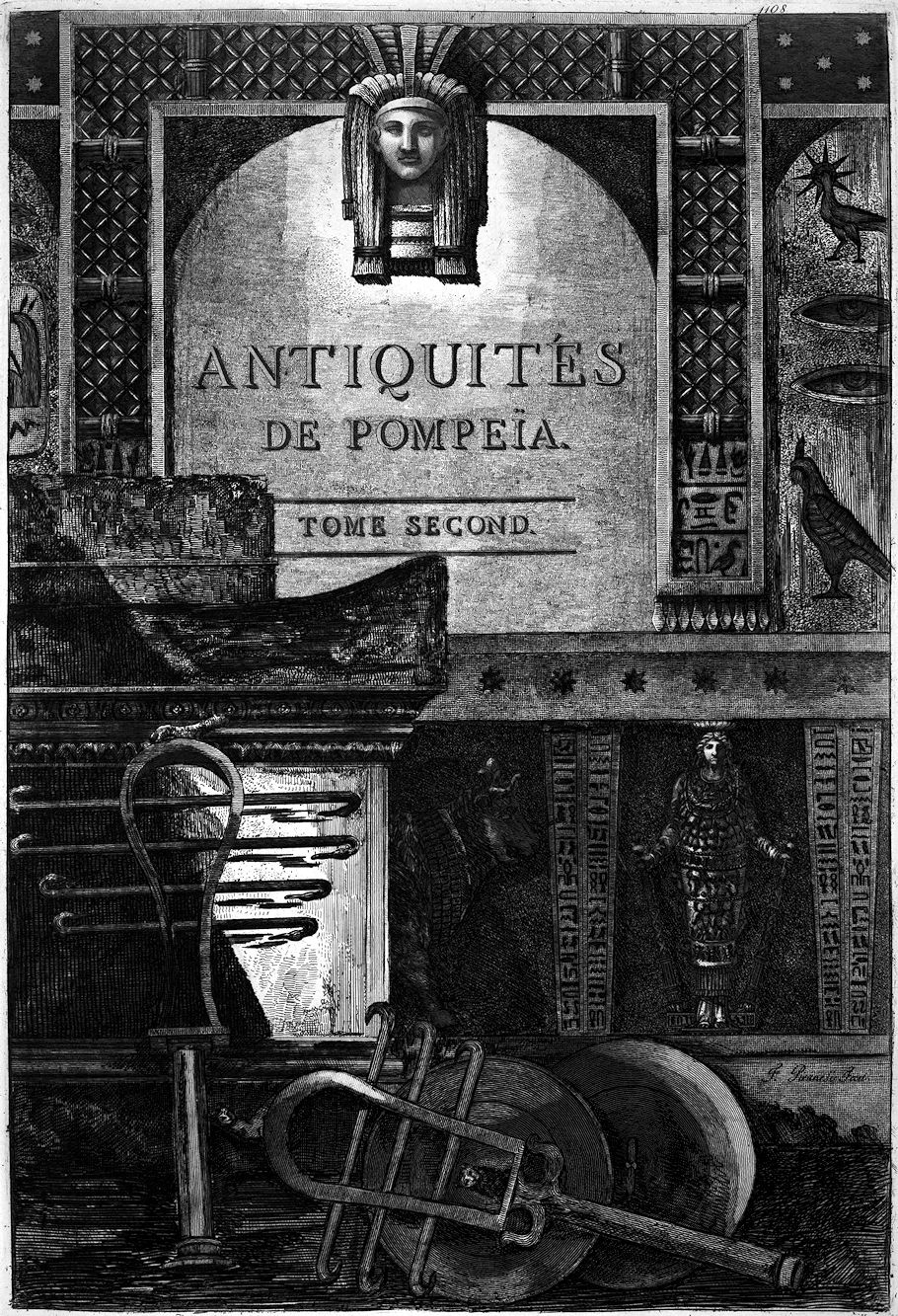
ANTIQUETIES FROM POMPEII
VOLUME TWO
3 August 1812 Monday
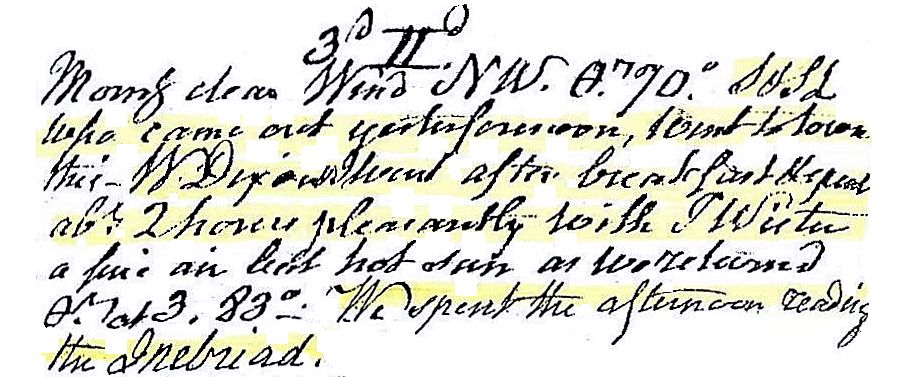
Morning clear, wind NW, temperature 70°. S and SL who came out yesterforenoon, went to town this. W. Dixon and I went after breakfast and spent about 2 hours pleasantly with T Wister. A fine air but hot sun as we returned. Temperature at 3 83°. We spent the afternoon reading The Inebriad.
3 August 2003
from Vico to Piranesi OR again taking a bath
3 August 326 is when Constantine the Great left Rome for the last time. He had just buried Helena, his mother, and Fausta, his (second) wife. Helena was buried within the mausoleum attached to (the now non-existent) basilica of Sts. Peter and Marcellius. Fausta, it can be speculated, was buried at the basilica of St. Agnes Outside the Walls, perhaps just underneath where (at least one of) Constantine and Fausta's daughters, Constantina, was subsequently buried (at today's Santa Costanza, which was a mausoleum originally attached to the original Basilica of St. Agnes, as rendered by Piranesi within Le Antichita Romane, book II, plates 21-25. Piranesi also rendered the "Mausoleo di Sant' Elena" within Le Antichita Romane, book III, plates 14-17.)
The last year of Helena's life coincides almost exactly with Constantine's Vicennalia (25 July 325 to 25 July 326). It is within this year that planning and construction (under Helena's supervision) of the Basilica of the Nativity, the Basilica of the Ascension, and the Church of the Holy Sepulcher was begun. The legend of St. Helena according to St. Ambrose declares that Helena (also) discovered the True Cross, which, if this event did indeed occur, then likewise happened in the last year of Helena's life.
Eusebius tells us Helena was close to eighty years old when she died. Last week I wondered if Helena received renewed strength via taking thermal baths in her hometown, something she is likely to have done prior to her (thereafter innumerably reenacted) "pilgrimage" to the Holy Land.
3 August 2006
3 August 326, etc.
Constantine the Great left Rome 3 August 326 and never returned to Rome.
Within the week prior, Constantine had buried both his mother Helena and his wife Fausta.
There is one extant example of the damnatio memoriae of Fausta, CIL X 678, where the words FAUSTA and UXORI (wife) are replaced by HELENA and MATRI (mother). One of the several extant examples of the damnatio memoriae of Crispus also appears on this fragment of inscription.
The first person to break the law of silence regarding Helena and the True Cross was Eustathius, Bishop of Antioch. I found out yesterday that Eustathius is also a saint, and his feast day is 16 July.
St. Eustathius was a native of Side in Pamphylia, and confessed the faith of Christ before the persecutors, as St. Athanasius assures us. He was learned, eloquent and virtuous. Being made bishop of Beroea in Syria, he began to be highly considered in the Church; and in due course he was translated to the see of Antioch, in dignity the next to Alexandria, and then the third in the world. He at the same time was called on to assist at the general Council of Nicaea, where he was received with much honour and distinguished himself by his opposition to Arianism. Amidst his external work for the service of others he did not forget that charity must begin at home, and he labored in the first place to sanctify his own soul; but after watering his own garden he did not confine the stream there, but let it flow abroad to enrich the neighboring soil, and to dispense plenty and fruitfulness all around. He sent into other dioceses that were subject to his oversight men capable of instructing and encouraging the faithful, and was greatly alarmed to find that Eusebius, Bishop of Caesaria in Palestine, favored the new heresy (this same Eusebius is known and honoured as "the father of church history"). The distrust of Eusebius for the doctrine of this and other bishops, and his accusation that they altered the Nicene creed, provoked a storm against him among the Arians, who about the year 330 [sic] obtained his disposition.
The holy pastor assembled the people before his departure from Antioch, and exhorted them to remain steadfast in the true doctrine: which exhortations were of so great weight in preserving many in the orthodox faith that a body of "Eustathians" were formed, who refused to recognize bishops appointed over them by the Arians. But this loyal behaviour afterwards developed into a factious and troublesome sectarianism in the face of orthodox prelates. St. Eustathius was exiled with several priests and deacons to Trajanopolis in Thrace, but the place and date of his death are alike somewhat uncertain. Most of his copious writings have perished; his principal extant work is a disquisition against Origen, in which the powers of the pythoness of Endor (I Kings xxviii 7-23) are criticized. Sozomen commends these works both for their style and their matter--but nothing shows his virtue so well as the patience with which he suffered first lying accusations in matters of weight, and then unjust disposition and banishment. St. Eustathius bore his exile with resignation and submission, greater under its disgrace and hardships than while his virtues shone with lustre on the episcopal chair. He is named in the canon of the Syrian and Maronite Mass.
Butler's Lives of the Saints
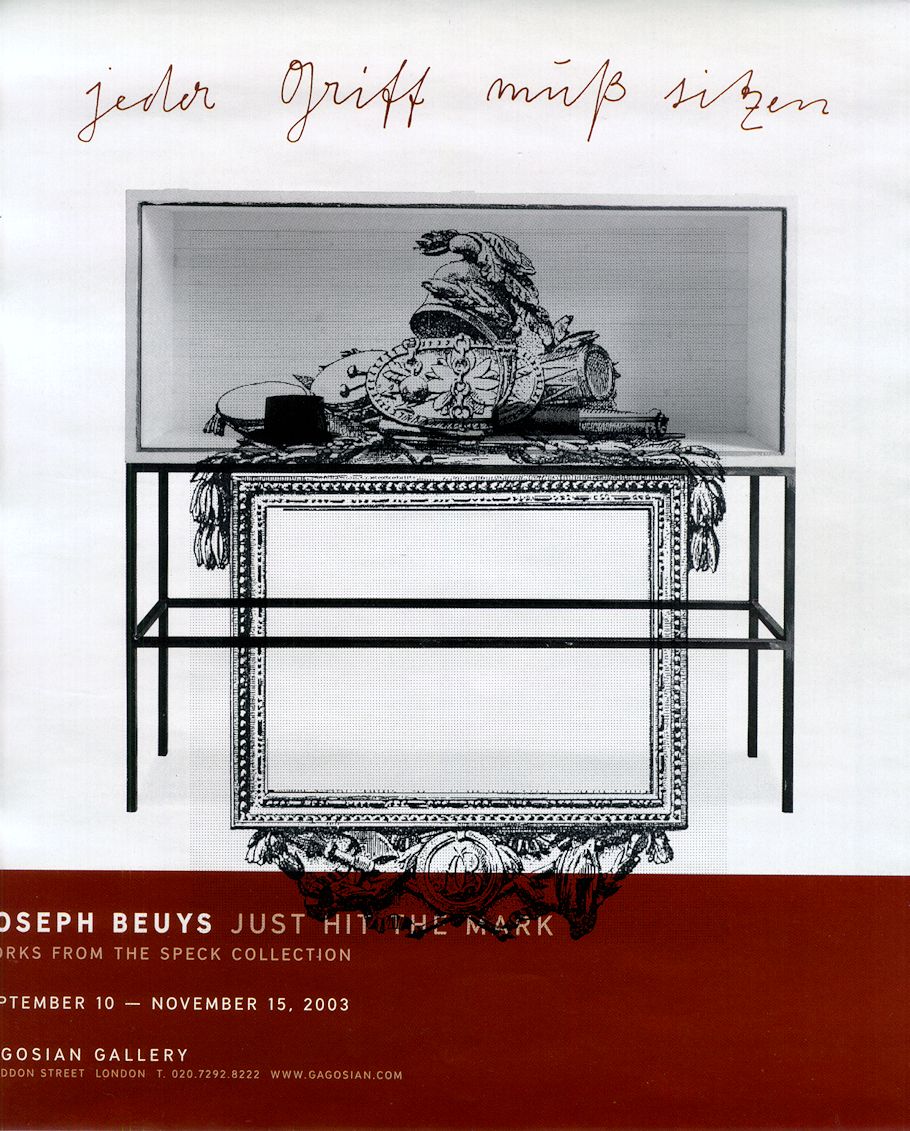
The Advertising of Art p01
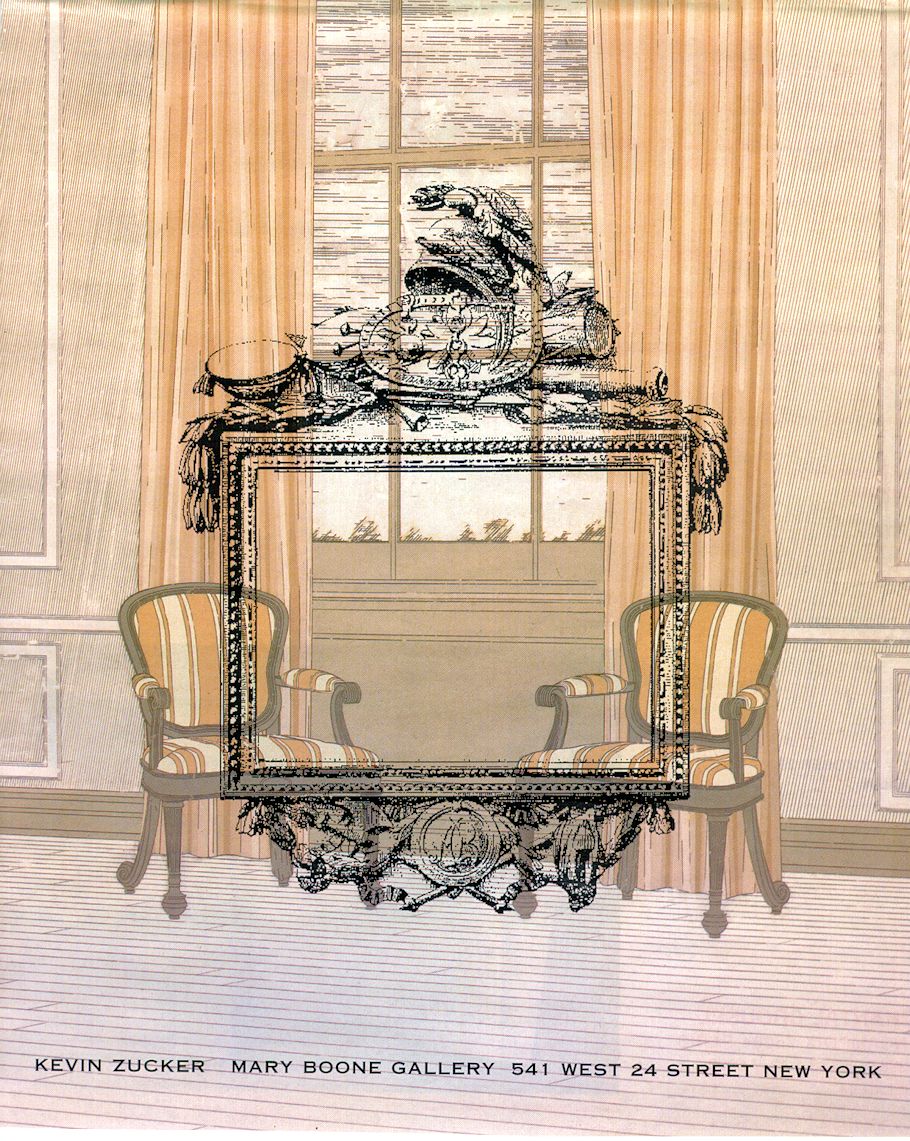
The Advertising of Art 001

The Advertising of Art 002
3 August 2023 Thursday
"Human beings have long perceived the working of destiny--the grand pattern of the mover of the universe--in coincidence, in accident, in the moment of perception of a problem previously unsuspected. So did Khlebnikov. Destiny was his prime concern. The category of those who study the workings of the universe is unclear--Lucretius and Dante may be scientists, just as Newton and Einstein may be poets. Khlebnikov was both."
Velimir Khlebnikov, The King of Time: Selected Writings of the Russian Futurian, trans. Paul Schmidt, ed. Charlotte Douglas (Cambridge: Harvard University Press, 1985), p. 113.
|